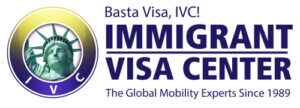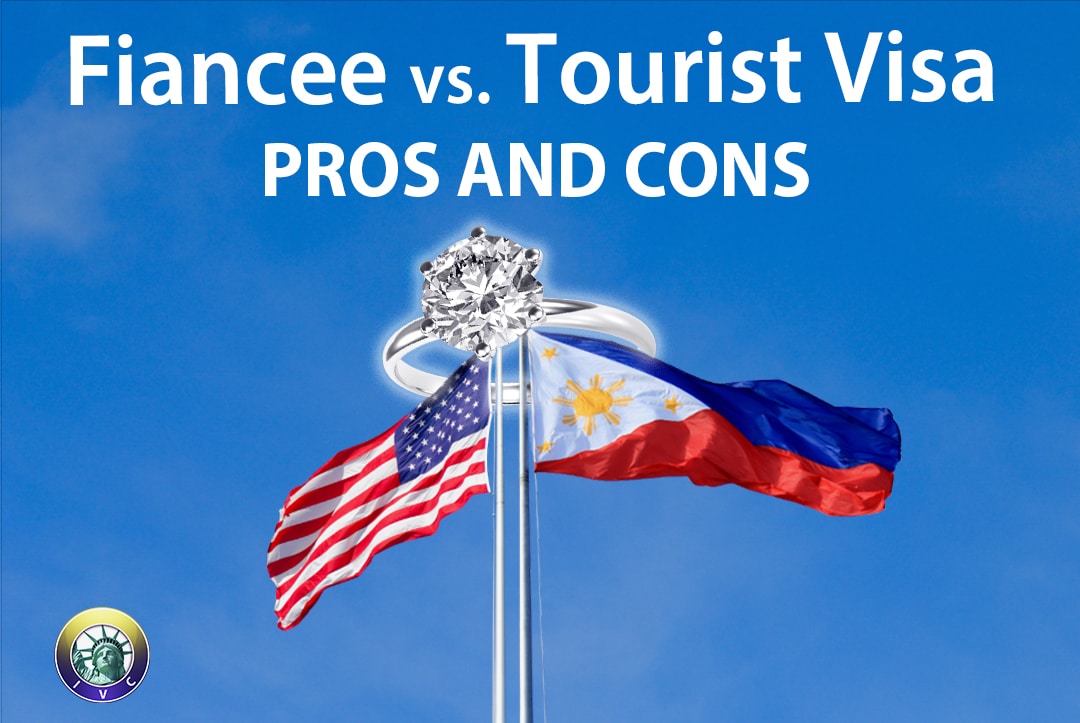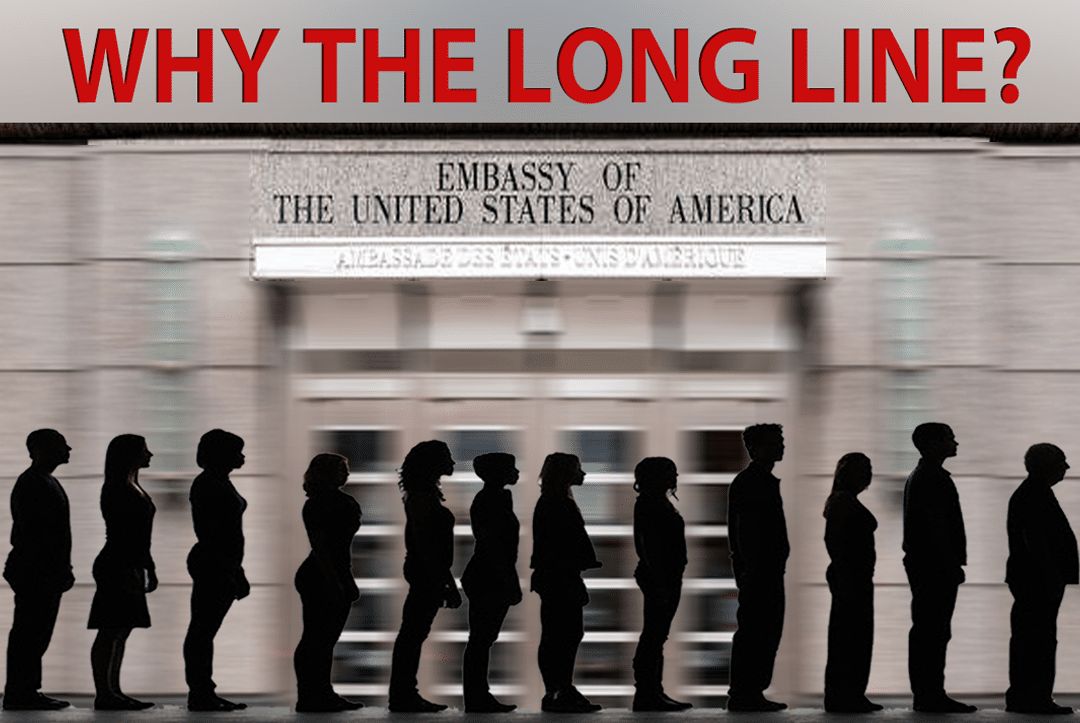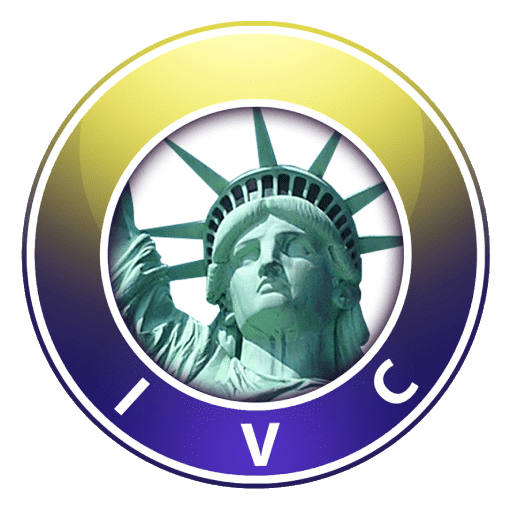Canada, a global hub for talent seeking a prosperous future, offers the Federal Skilled Worker Program (FSWP) as a prime pathway to permanent residency.
The FSWP, a pivotal part of Canada’s immigration strategy, is one of four key economic classes for skilled individuals worldwide. In 2022, the year-end report shows 428,391 submitted candidate profiles. Of this total, 318,828 were considered eligible; 46,539 were invited to apply for permanent residency, 4,112 selected under the FSWP.
Added hope ingredient: Introduction of category-based selection in the Express Entry System
On June 23, 2022, legislative amendments were made to the Immigration and Refugee Protection Act (IRPA). As a result, IRCC foreign nationals were issued Invitations to Apply for permanent residence due to category-based selection. With the changes in place, the Express Entry is more efficient in selecting candidates to fill Canada’s changing economic and labour market needs.
This means that an OFW or skilled worker in the Philippines may still be issued an invitation based on his or her occupation. Currently, the following occupations may qualify under this new category:
- Healthcare occupations
- Science, technology, engineering and math (STEM) occupations
- Trade occupations
- Transport occupations
- Agriculture and agri-food occupations
Back to FSWP Basics.
If you qualify to immigrate under the FSWP, you too could take advantage of career opportunities in Canada and avail of benefits the government offers, such as access to Canada’s high-quality healthcare system, free public education, and a safe and secure environment for families to thrive.
This provides a breakdown of the FSWP Eligibility Factors, covering:
- The FSWP and the CRS Points Systems
- The NOC and TEER Categories
- FSWP Initial Eligibility Requirements
- The FSWP Points Grid
The FSWP and the CRS Points Systems.
For a successful FSWP application, you, as a skilled individual, must meet specific eligibility criteria. There are three initial base requirements, skilled work experience, language ability, and education. When you meet all those, you must assess your credentials again according to a grid of selection factors. Points are assigned to each factor.
You must obtain 67 points to qualify to apply to the FSWP.
Once submitted, your application to the FSWP will be collected in an Express Entry pool. Migration points will be automatically assigned to your application by the Comprehensive Ranking System (CRS). Your profile will be ranked against all FSW candidates.
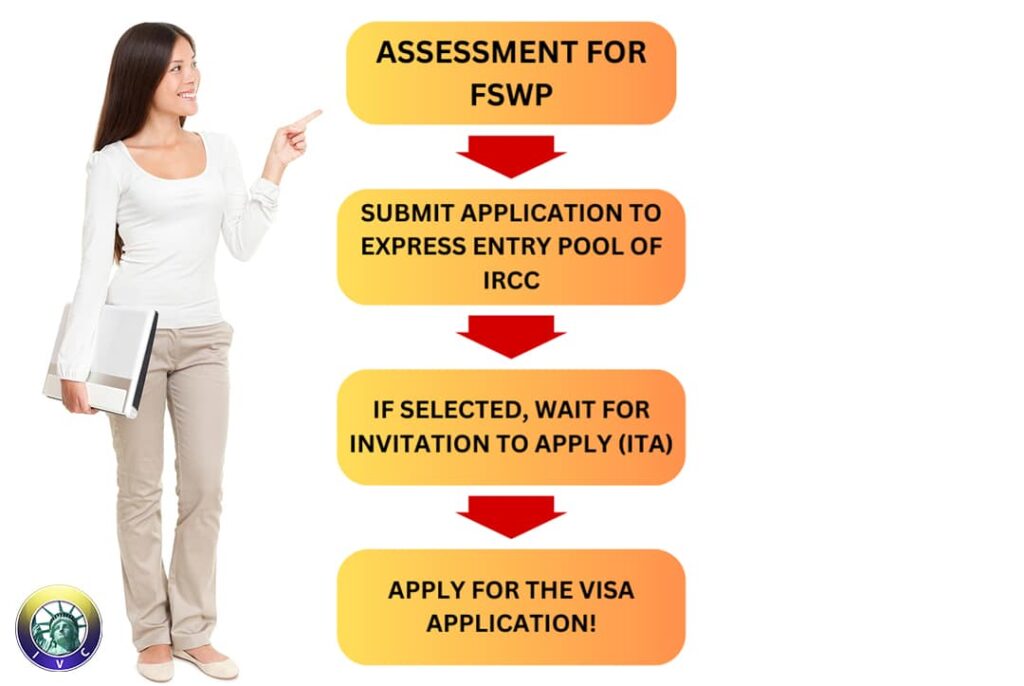
The two points systems are separate. The first determines if you are eligible to enter the Express Entry Pool. The second, which is the CRS, determines your ranking within the pool and whether your profile will be selected during the regular draws IRCC holds.
The NOC and TEER Categories.
Before delving deeper into the qualifications for a successful FSWP application, let’s define several terms.
- NOC.
NOC stands for National Occupational Classification, a system in Canada that organizes and describes jobs.
As a would-be immigrant, you can use the NOC for information about a particular job, including its category, main tasks, the academic preparation needed to perform the job, and other helpful information.
On November 16, 2022, IRCC switched to the 2021 NOC from the 2016 version.
- TEER categories.
One of the main differences between the 2016 NOC and the 2021 NOC is the introduction of the six TEER categories, numbered 0 to 5. The TEER categories reflect the most common ways people qualify for a job based on:
- Training. The kind and amount of training usually needed.
- Education Level. The kind of formal schooling required to qualify for the job.
- Experience, that is, the amount of on-the-job experience typically required.
- Responsibilities. You typically must fulfill some responsibilities and duties to perform a job.
Here are some differences between the TEER categories:
- TEER 0 has management responsibilities.
- TEER 1 jobs require completing a university degree, from a bachelor’s to a doctorate.
- TEER 2 jobs require applicants to have completed a two—to three-year post-secondary education program at a community college, institute of technology, or CÉGEP.
- TEER 3 jobs require completion of a post-secondary education program of less than two years at a community college, institute of technology, or CÉGEP, or an apprenticeship training program of less than two years.
FSWP INITIAL ELIGIBILITY REQUIREMENTS.
IRCC identified three initial minimum requirements for all FSWP applicants. Once you meet the minimum requirements below, IRCC will assess your application based on additional factors.
Skilled work experience.
The job you want to use for your immigration application is your primary occupation. This work must have been done within the past ten years in or outside Canada.
- Your primary occupation must be in NOC TEER categories 0 to 3, performing all the essential and most primary duties in the occupational description.
- IRCC will count work where an employer(s) paid you wages or where you earned a commission. Therefore, exclude all volunteer work or unpaid internships.
- If you want your skilled work experience in your primary occupation to count, be sure that you worked:
- Full-time at 30 hours per week continuously for at least one year. At the end of 12 months, you should have accumulated at least 1,560 hours OR
- Part-time at 15 hours per week for 24 months. You would have accumulated 1,560 hours.
- IRCC will not count more than 30 hours/week toward fulfilling your work experience.
- You can work multiple part-time jobs to get the hours you need to apply.
- If you are an international student, your work experience may count toward meeting the requirement if:
- Your employer paid you wages or commissions.
- You did not have gaps in your employment.
- You meet all other requirements of the FSWP.
Language ability.
You must demonstrate strong English or French language skills, the better to adapt to life in Canada. The following are the specific IRCC-approved language tests you can take:
- English
1. Canadian English Language Proficiency Index Program or CELPIP. You must take the General test.
2. International English Language Testing System or IELTS General Training option.
3. Pearson Test of English Core or PTE Core. - French
1. TEF Canada: Test d’évaluation de français
2. TCF Canada: Test de connaissance du français
You must meet the Canadian Language Benchmark of 7 in four abilities: reading, writing, listening, and speaking for the language.
Your Express Entry profile will be in the Express Entry pool for 12 months, so your language test scores must be valid for the same duration.
Remember, language tests are valid for two years after the test result release date. Be sure the results are still acceptable when you apply for permanent residence.
Education.
Canada wants candidates who have the experience, training and/or education to contribute to the country’s economy. If you studied outside Canada, you must, therefore, undergo an educational credential assessment from a designated organization. The objective of the assessment is to ensure that you have obtained the equivalent of a Canadian post-secondary diploma, degree, or trade certificate.
THE FSWP POINTS FACTORS
If you met the base requirements of skilled experience, language, and education, it’s time to assess your application based on a grid of selection factors. To be eligible to file an application under the FSWP, you must score at least 67 out of 100.
The FSWP points factors are:
- Age. You get the maximum 12 points if your age falls between 18 and 35. You then subtract one age factor point for every year after you turn 35.
- Education. Higher levels of education, as seen from your Education Credential Assessment, earn more points. With the equivalent of a secondary education equivalent, you only get 5 points. On the other hand, if your ECA assessment is a university degree at the Doctoral or PhD level, you will earn 25 points.
- Work experience. You earn more points the longer you work at your nominated profession. One year of work experience will get you 9 points. You get the maximum 15 points if your work experience is 6 or more years.
- English or French language skills. Strong English or French language skills earn higher points.
- Adaptability (how well you’re likely to settle here). You can obtain points if your spouse or common-law partner has work experience, education, and language skills that meet specific criteria.
- Arranged employment (must have a valid job offer). You can get 10 points if, before applying under the FSWP, you have a job offer of at least one year from a Canadian employer
READ 2024 CRS Monitoring for FSWP
Additional Points to Consider.
FSWP points are different from the CRS points of the Express Entry system.
Qualifying to apply to the FSWP does not guarantee you will be selected from the pool.
Age is the easiest. The younger you are the better.
In general, the higher your language scores are, the higher points both for FSWP and CRS. Sames goes with education.
“Do not make a federal case out of it,” is a popular American and Canadian expression. This means to not to make too much of a situation, problem or concern.
The opposite is true for Filipino skilled workers outside Canada who may want to explore applying for permanent residency through the country’s Express Entry immigrant selection program – and when deemed qualified, be invited in six months or less. They should make it federal.
